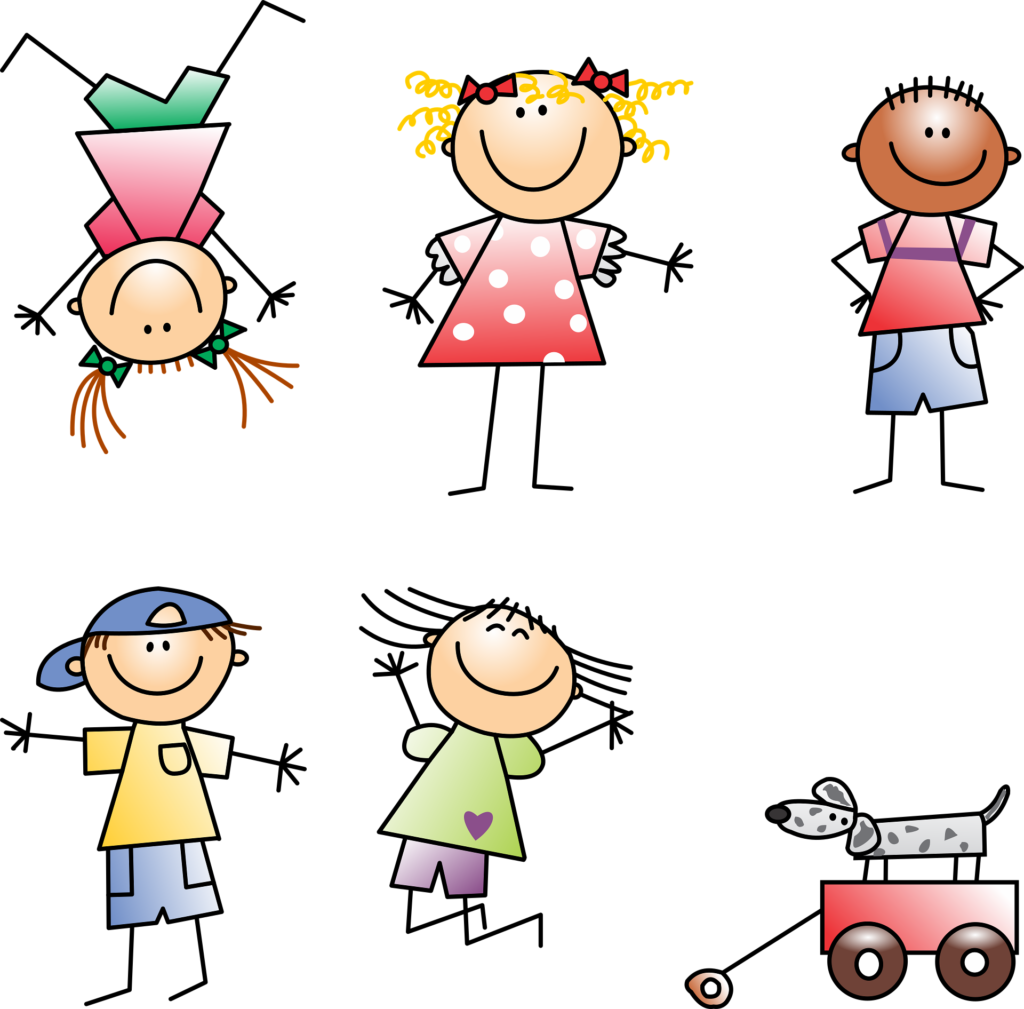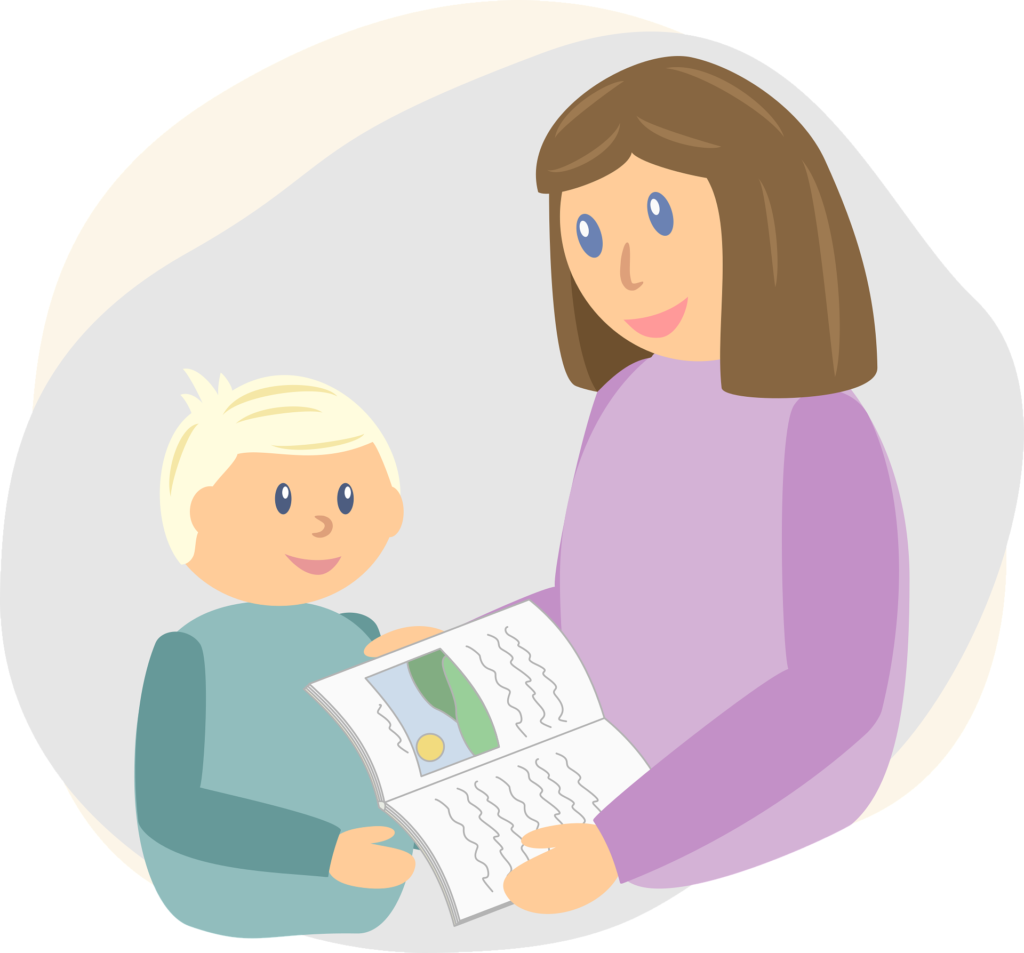
I just read a disturbing essay called “The State of the Culture, 2024” on The Honest Broker by Ted Gioia who says the public is leaning heavily toward no longer wanting entertainment as we know it: movies, books, theater, art, new music.
People want distraction.
They want to scroll, to look at something for a few seconds, then scroll to the next thing.
Disturbingly, the essay went on to say, what happens is people become addicted to that cycle.
Gioia calls it a Dopamine Loop that begins with Stimulus which leads to Dopamine Release, leading to Desire For More, leading to Habit Formation, leading to another Stimulus.
That cycle plays right into the hands of content creators who want your unquestioning addiction.
This is worse than AI coming to take the jobs of creatives around the world (which, thankfully, it hasn’t. Yet.).
This is US taking away the jobs.
But not just the jobs, the foundational culture of our society.
When AI insinuated itself onto the scene, my first thought was, “Isn’t this interesting. This can be good or bad.”
But with this Distraction-Addiction model, I can’t see any good.
Ten-second reels?
Snap chat?
Cute puppies.
Pretty interiors.
Scroll, scroll, scroll.
A twenty-second street-dancing video? (Wait. I like street-dancing videos.)
Art, in its most classic sense, is something to look at and ponder over and wonder about.
A person stands close up to a painting, then steps back.
Looks at it from the left and then the right.
If it’s a sculpture, they can even go behind it.
It takes time—and imagination—to understand what the artist intended, to appreciate the culture in which the piece was created, to be amazed at the brush strokes left behind by an artist from hundreds of years ago.
Likewise, a book requires time to dive into.
A book leads the reader by the hand from image to image, scene to scene.
It’s an invitation to the reader to lose themselves in someone else’s world for a while.
If all we’re doing is scrolling, distracting ourselves on images that don’t seep into our brain before we’re off to the next thing, what does that say about us?
That we won’t tolerate art—unless its intent is obvious at a glance?
No more stories—unless it’s a caption of ten to twenty words—or less.
No more new music—because our brains can’t rest long enough to hear and appreciate unfamiliar sounds.
This is chilling.
The only way to prevent this is to start in the home.
That’s where everything important starts.
Right?
It’s more imperative than ever to insist that phones be put away, not just at the dinner table, but for hours at a time.
Get your kids outside, without a phone.
We all need to get outside.
Breathe, feel the wind and the sun, touch the grass, smell the proverbial roses.
Grow the roses!
Take your kids on field trips to museums and galleries and the library and the movies.
Show them how to slow down and appreciate the work of others.
Show them how to walk with an author through a story, turn an actual page, follow the words with their finger. 
Read the acknowledgements page, the dedication page.
Savor the illustrations.
Let a child learn the satisfaction of reading a whole book and being happy they took the time to get past the first few pages.
Show a child the satisfaction of engaging with an artist or author who is no longer alive but whose work lives on.
For the love of everything, put down the phone.
Go outside.
If you haven’t scrolled past this post on the way to your next hit, comment “Y” for Yay, You, in the comments section.
And I’d love it if you could pass this post along to a friend who might want to read it today.
Thank you!
Until next time,
~ Gail
Countdown: 43 more weeks of 2024
Before you go, don’t forget to sign up for my mailing list, below:






Y Y Y!
Hi Gail!
I believe that Tom Gioia may have nailed a certain segment of the population, but I don’t believe that the majority of intelligent adults will give up on “traditional” entertainment. Sure, we all have times that we crave distraction, but I have to believe that the basic human need to connect will win out in the long run.
I love the suggestions for taking kids to museums and reading with them, etc. I did all of that with my son when he was little. I’m not sure that it had a deep impact on him because i haven’t seen him look at a book in years. Unless you count automotive manuals. He’s a gearhead – he needs to get his hands on things to understand and appreciate them. Although I will say that when we spend time together, we often go to a local collective called Antique Adventures. We both enjoy treasure hunting, and looking at the “vintage” stuff (most of which is from the 70s now) gives me a good opportunity to share memories of my childhood, my grandparents, and observations about the America I grew up in. And to share the myriad pieces of random trivia that my brain insists on storing! He, in turn, shares insights about his peers and their attitudes about parents and the past, so I guess that it’s sort of like a museum experience. We are reaching across time and space to connect with one another on a deeper level.
He is actively and excitedly collecting and listening to vinyl records. Yes, vinyl is having a moment, which makes me happy. I thought that art form was dead, but it’s enjoying quite a renaissance. I missed the hiss of the space between the songs, you know?
So, I don’t think that entertainment is dead and we have nothing to worry about. My son loves the dopamine hit (his phone is practically surgically attached to his hand) but he also appreciates the extended play format. Now if I could just get him to read something I’ve written…!
Hi Kelly! Good to hear from you and thank you for getting all the way to the end. 🙂 I agree with you that the essay was directed at a particular segment of the population, and I figured it was younger generations. Not mine. Maybe not yours, either. My focus, in particular, was on reading, since that’s my focus of this blog. I also did all those things with my kids and one of them reads, the other one isn’t interested. Of course, he’s reading for school, which counts. Going to museums and looking at art or whatever doesn’t ensure a future reader. But these things–museums, listening to music, reading books–lead a person into deeper relationships with art, music and books. And it’s a much deeper relationship than they would get with scrolling. (As the saying goes, you can lead a horse to water, but you can’t make him drink. You can lead a kid to books, but you can’t make them a reader.)
Y!
Y
Gave my scrolling thumb a rest 😀
If nothing else, you don’t want to get that thumb messed up! Thanks for “Y”ing. 🙂